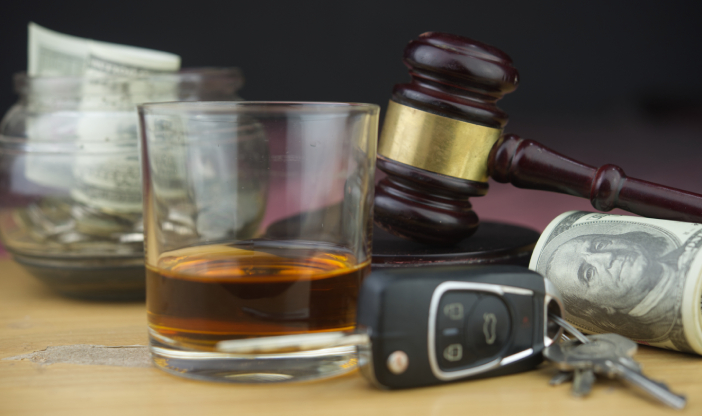Most licensed drivers know what Indiana’s implied consent law is. While it is common knowledge that you could lose your license for refusing a test to determine alcohol impairment, however, it is not always clear which test this law refers to.
There are actually several tests that may come into play following an OWI stop. This post will discuss which tests can be refused without penalty and which cannot.
THERE IS NO AUTOMATIC PENALTY FOR REFUSING FIELD SOBRIETY TESTS
The standard field sobriety tests were designed to help officers determine if chemical testing is warranted or justifiable. However, they are far from foolproof. A completely sober person could fail these tests for unrelated health reasons, while some people who are well above the legal limit could pass the tests because their coordination is only minimally impacted by alcohol.
Thankfully, you can decline to submit to field sobriety tests without penalty.
THERE ARE TYPICALLY TWO CHEMICAL TESTS WITH DIFFERING REFUSAL PENALTIES
If pulled over on suspicion of OWI, the officer will likely ask you to submit to a portable breath test at the scene – commonly called a breathalyzer. This may be true whether or not you took the field sobriety tests. As with field sobriety tests, you can typically refuse to take this test without penalty. You may still be arrested, however, if the officer believes that you are above the legal limit.
When you are in police custody, you will be asked to submit to a certified chemical test of your blood, breath or urine. You absolutely will face consequences for refusing to take this test. Refusal at this point is considered a violation of Indiana’s implied consent law and would result in automatic suspension of your license.
Additionally, your refusal to take the test could be used against you in court, meaning you might be convicted of OWI even without chemical test results.
SHOULD YOU REFUSE? ONLY YOU CAN DECIDE.
There is no consensus, even among criminal defense attorneys, about whether chemical test refusal is a good idea. It is a decision you’ll need to make if you ever find yourself pulled over on suspicion of OWI.
One thing is clear, however. Once you have been arrested, contacting a good attorney should be your first move. An experienced lawyer will be ready to defend your rights and explain your options for fighting or otherwise resolving the charges.



